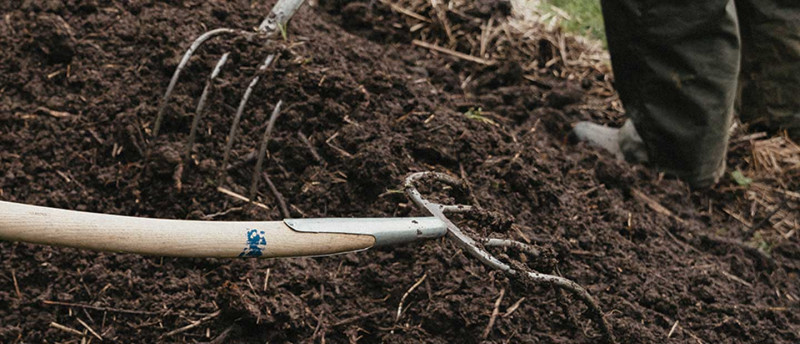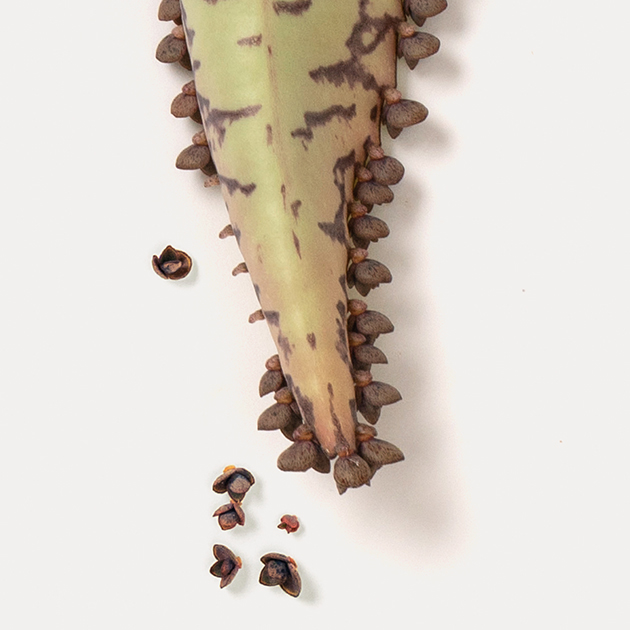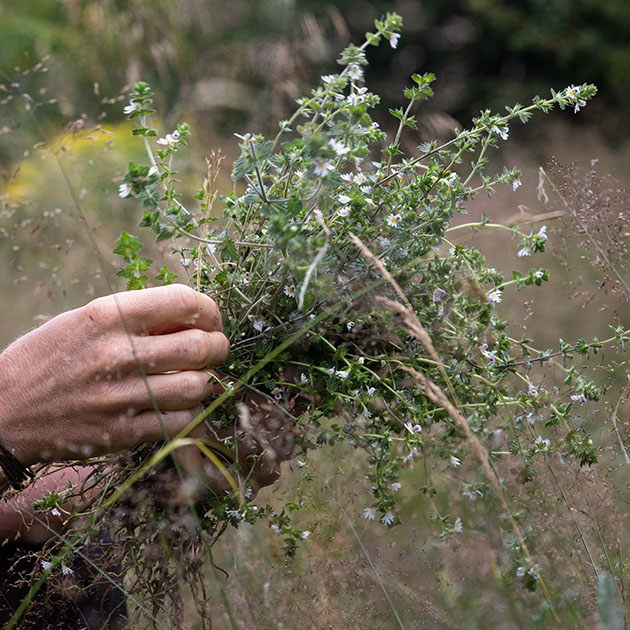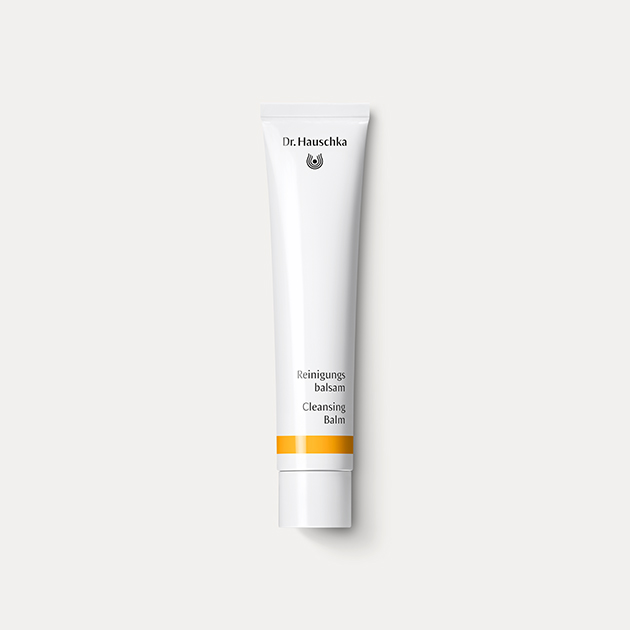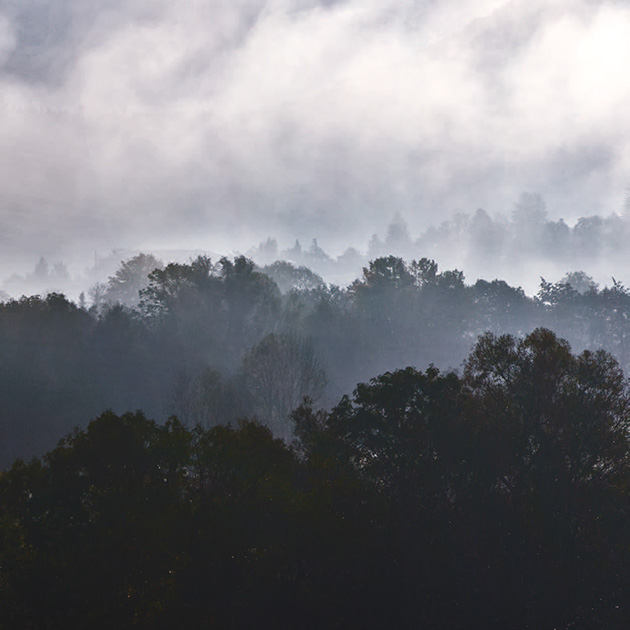Ecology
Responsible action is in our nature.
We harvest most of our raw ingredients by hand – either in our herb garden, on the fields of our Demeter farm at the foot of the Swabian Jura, or through our partners all around the world. It is not only our past that leaves us with an obligation to protect the environment, but also our future.
Want more facts and figures?
We care for the environment. Here you can find our views on a few key environmental issues. With complete honesty.
And if you want to know exactly what we’re doing for the environment, you can find all the facts and figures in our Environmental Statement.
Organic and regional raw materials.
Genuine, strictly certified organic farming protects our waters, strengthens the fertility of the soil and supports biodiversity. Over 90% of our vegetable raw materials are organically cultivated, and many even meet the strict Demeter criteria. This benefits the environment, as ecologically farmed fields do not use synthetic fertilisers and are richer in humus. This not only enables them to store more CO₂, but also cuts the amount of energy required for their farming by around 30 to 50%.
And we think regional as well as organic: 70%of our fresh plants are regionally sourced. The short transport distances are good news for the quality of the raw materials and the environment. We source plants that are not native to our climate based on the principle ‘as close as possible, as far as necessary’. As a result, our organic almonds, for example, do not come from the far-flung shores of California (home to 80% of all almonds grown worldwide), but from the much closer location of Spain.
Biodiversity: variety equals richness, including in nature.
The earth is a complex organism with various interlocking cycles that result in a stable system. However, this stability can only be maintained if people integrate themselves into the system responsibly. Not only do we use biodynamic methods of cultivation in our herb garden, we also promote the preservation of biodiversity across the entire company site. For example, by planting ancient, almost forgotten varieties of apple trees outside our logistics building, or by only mowing our meadow area twice a year. This gives grasses, herbs and flowers plenty of time to take root and provides a nesting place and source of food for wildlife. Ponds, multiple tree species, dead wood and piles of stones provide habitats for toads, dragonflies and many different birds.
We also invite visitors and employees alike to take a relaxing and informative stroll along our biodiversity path, where various information stations outline the many ways we are contributing to biodiversity.
Our packaging: good on the inside, good on the outside.
Our cosmetics are completely free from artificial preservatives. To ensure the valuable content maintains its high quality, we perform careful tests to determine which packaging offers the best protection for which product. After all, product protection is a form of resource protection – and therefore also environmental protection. Tubes, bottles or jars? Glass, plastic or aluminium? Each packaging material has its own individual benefits and drawbacks. We therefore carefully consider which packaging material is most suitable for each product. Conserving the planet’s resources is our top priority. When choosing sustainable packaging materials here at Dr. Hauschka, we always base our decision on the same aspects: product protection, material savings, recyclability and recycled content.
Genuinely climate neutral.
The work at our head office site in Eckwälden has been climate neutral since 2020. About 92% of WALA’s total energy requirement is currently met by renewable energy, meaning we prevent the emission of around 1,800 tonnes of CO₂ every year. This means the company head office is currently operating at 75% genuine climate neutrality – i.e., without any offsetting required. We offset unavoidable CO₂ emissions, for example as a result of travel, with the non-profit organisation atmosfair: our offsetting payments support a biomass plant in India. However, we see it as our duty to work towards reducing harmful emissions even further. This is because climate neutrality in Eckwälden alone is not enough for us. We also want to reduce our CO₂ emissions to almost zero throughout the entire value chain as quickly as possible.
Everything we do has an impact on the planet.

